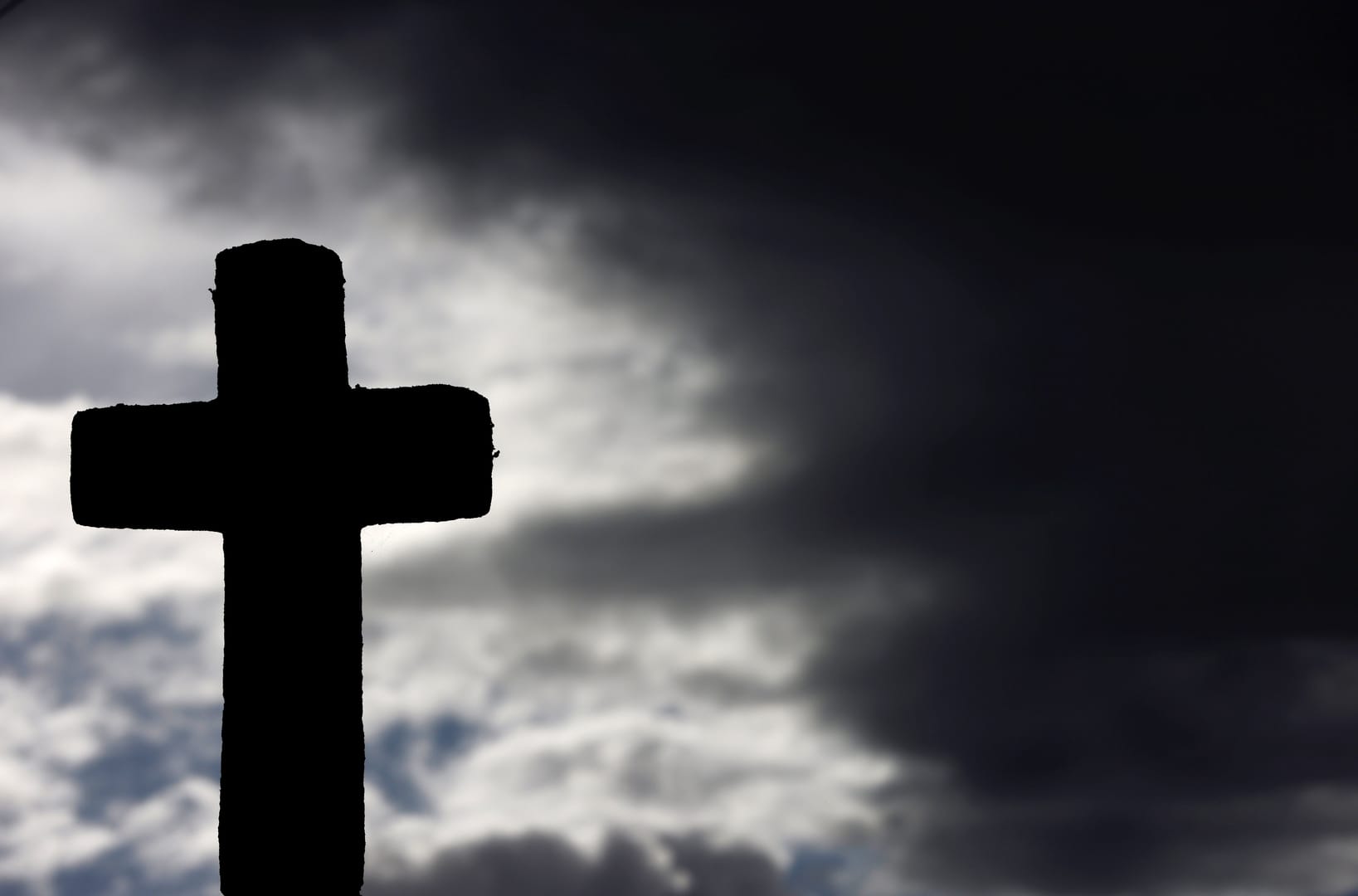Pope Francis met Tuesday with a group of clerical sexual abuse victims from the French diocese of Nantes, a public appointment Francis kept despite a lingering bacterial infection that is causing inflammation of the lungs that has caused him to curtail his schedule significantly over the past few days and cancel a trip to Dubai for the COP-28 climate change summit, Dec. 1-3.
Tuesday’s encounter between the pope and sex abuse survivors took place in the Casa Santa Marta guesthouse where Francis has lived throughout his pontificate. It followed a round of meetings the victims had with officials at the headquarters of the Pontifical Commission for the Protection of Minors (PCPM).
The official Vatican News website called the meeting in the PCPM “a moment of listening, learning, and dialogue focused on the path of testimony, memory, and prevention that they are pursuing with the local Church and the Congregation.”
In a message written for the occasion and delivered to participants, Pope Francis acknowledged that victims of clerical sexual abuse have suffered “the greatest evil in a place where [they] have, together with [their] families, sought what is true and good.”
“The subversion of a child’s rights through violence and abuse is a betrayal of our God-given humanity,” Francis wrote.
The group of victims were led by the religious of the Montfort Brothers of St. Gabriel and the Nantes diocese’s Commission for Recognition and Reparation (CRR), part of an independent national apparatus established specifically to help victims of abuse committed by members of religious congregations. The CRR also assists vulnerable adults.
Pope Francis’s handling of high-profile abuse cases involving adult victims in situations of vulnerability has been under scrutiny for some time. The scrutiny has intensified over the past year, as increasingly disturbing details have emerged regarding the management of a case involving a former Jesuit, Fr. Marko Rupnik, accused of abusing nearly twenty adult victims – most of them women religious – over some thirty years.
Rupnik first escaped prosecution when, despite mountainous evidence and ample opportunity for the accused to defend himself, Pope Francis did not lift the statute of limitations to allow for a trial. Rupnik then left the Jesuits and found a bishop willing to take him as a priest in good standing in his native Slovenia.
Only in late October of this year, after sustained media pressure and incandescent public outcry over the news that Rupnik would be continuing in ministry, did Francis agree to re-open an investigation. In explaining the reversal, the Vatican cited “serious problems” in the handling of Rupnik’s case, which the Vatican said were brought to Francis’s attention by the PCPM.











